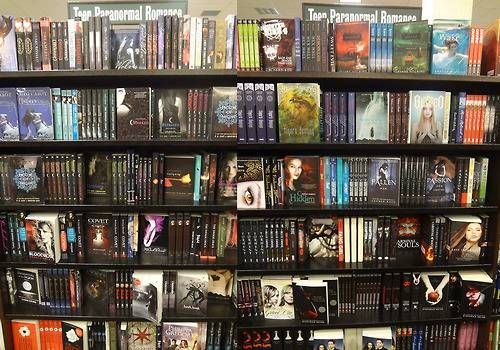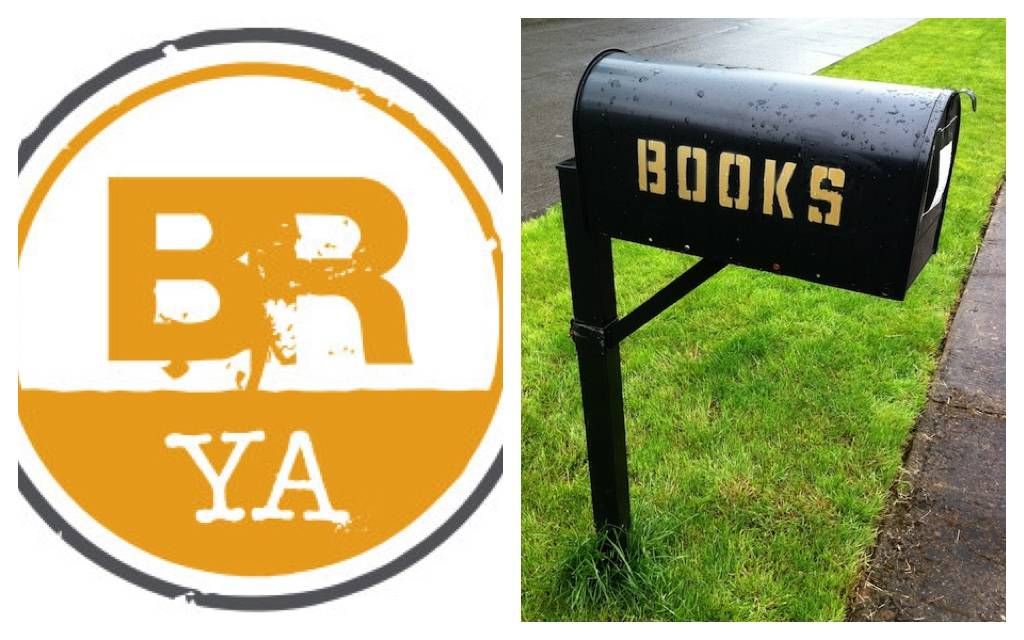
How to Talk to Your Teen About Books: A Snob’s Guide
Let’s face it: parenting a teenage reader can be a daunting task. With an ever-growing number of literary influences on today’s youth, it can often be difficult just to know where to start a bookish conversation with your teen. But after nearly five years teaching English to sixteen and seventeen year-old students, I feel confident in my grasp of the psychology of the teen reader and am pleased to offer, free of charge, some tips on how best to approach these tough conversations and steer your teen from the path of popular swill to the dizzying heights of great literature.
Be Prepared
As with many endeavors, preparation can be the difference between success and failure in a bookish conversation with your teen. Make sure you’ve done your homework, even if that means checking your child’s library checkout records, sneaking a peek into their backpack or the back of their sock drawers for evidence of the Wrong Kinds of Books (privacy schmrivacy say I, especially given the potentially dire situation). Ask the hard questions. When it comes to the words to which your son or daughter is exposed to, err on the side of caution.
And what if your research reveals something unpleasant? What if you discover that your child has been reading novelizations of Michael Bay movies or inexplicably popular self-published Twilight fan fiction?
Experimentation is Normal
It may be of little consolation to worried parents, but literary experimentation is completely normal for teenagers. You remember those vulnerable, confusing years, right? I know it would be wonderful if more of our kids turned to great works for comfort and inspiration, but if I’m honest, I can recall a fair few Star Wars Expanded Universe novels and mass market thrillers occupying my bedside table when I was a younger man, and look how I turned out. I’ve read Melville and Joyce. For fun!
There But for the Grace of God Go I
Now, I hear parents say all the time that they feel like frauds for confronting their children about their reading habits when they think back to their own youth and the questionable choices they made. But those choices are the very reason you need to be strong in the face of such doubts. The next time you see some poor soul walking out of the library with a stack of Danielle Steele under their arm, think about your kids. Think about the moment you knew you had to turn your reading life around. Not everyone will come to Austen and McCarthy and Morrison on their own. Be the change you wish to see in what your teen reads.
Tread Carefully
When you actually make it to the point of conversation, try to be understanding. After all, your teen may see what he or she is reading as perfectly natural in light of what “the other kids” read. Your son or daughter might not understand why you are so concerned, and may likely respond with hostility toward even the most innocuous questions about his or her reading. Let your child lead the discussion. Ask them to explain, if they can, what attracted them to the books they’re reading. Admittedly, you might not like what you hear, but no one ever said parenting a young reader was easy; if it were, everybody at Picador would’ve gotten a $5000 bonus from sales of Bolaño’s 2666, am I right?
Remember, though, that you’re the parent here. Understanding has its limits, and kids need guidance. I’ve found that teenagers respond especially well to being told what to do, and the responsibility will likely fall to you to set some boundaries for them.
Speak Softly, and Carry a Nobel Laureate
Conversations with teen readers can be rocky, and their fruits are not always immediately apparent. Nevertheless, it’s vital that you continue to set a good example for your child even when you aren’t sure if more direct efforts are making a difference. Make sure that great literature is prominently displayed and read frequently in common areas of the home. Teenagers are naturally curious beings. Use this to your advantage! Put a lock on the book cabinet if you have to, and send the message to your kid that some books are simply too mature for them. I’d bet that in a few short weeks that copy of D.H. Lawrence looks a little more well worn. I warn you that attempting to actually recommend these books to your child is likely to backfire. The trick is to make them think that reading great works is their idea.
Start ’em Young
Maybe your children have not yet reached their tumultuous teenage years. Count yourself fortunate, and start taking steps now that will alleviate your concerns later. A younger mind is much more susceptible to direct influence. It’s best to take full advantage and get your child hooked on great literature early. My three year-old sleeps with a copy of Pale Fire under his pillow that I told him was left there by the book fairy, who’ll be highly disappointed if he hasn’t read and annotated it by the next time she shows up. This may sound extreme, but later on, when kids his age are getting into the Percy Jackson novels, he’ll be busy with the Norton Critical Edition of Heart of Darkness. Who will look silly then, huh?
____________________
Get a box of YA books and bookish goodies in the mail every quarter with our new YA Quarterly Box! Sign up here.


















